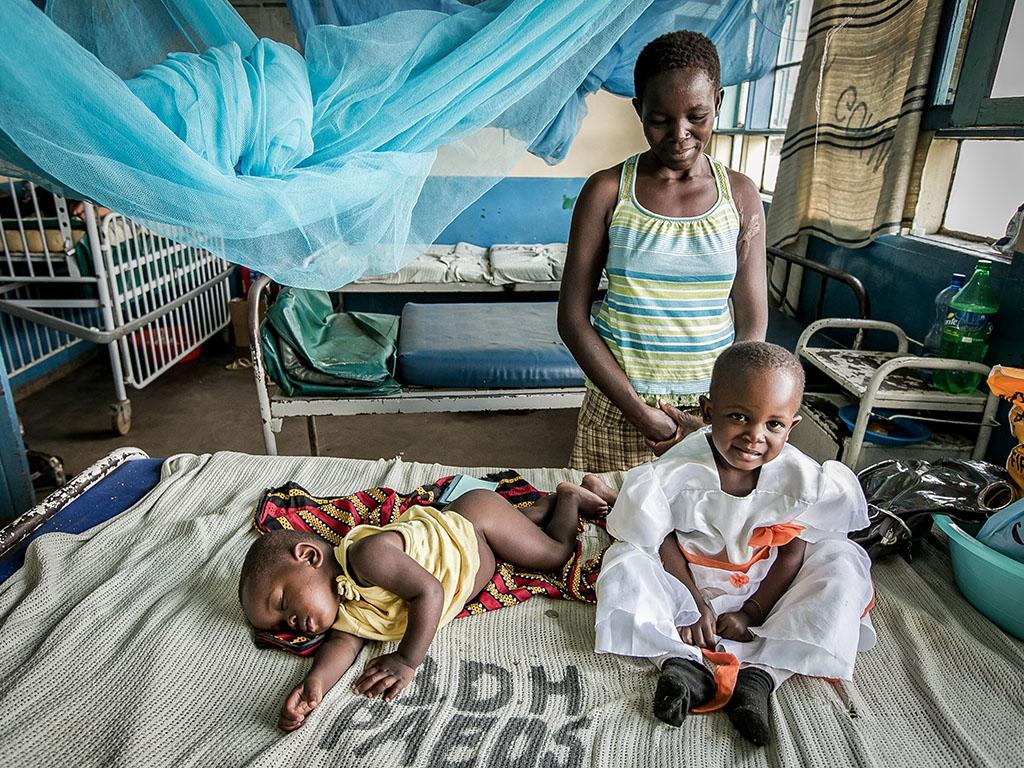Leadership and Management in Health Online Course Reaches Thousands Worldwide
By I-TECH
Led by I-TECH (International Training and Education Center for Health) Executive Director and UW Professor of Global Health Ann Downer, Leadership and Management in Health is a 12-week online course focusing on the practical leadership and management skills required for working in complex global health environments. The course is made up of weekly online modules on team building, accountability, supervision and delegation, conflict management, financial management, use of data for decision-making, and effective communication.




